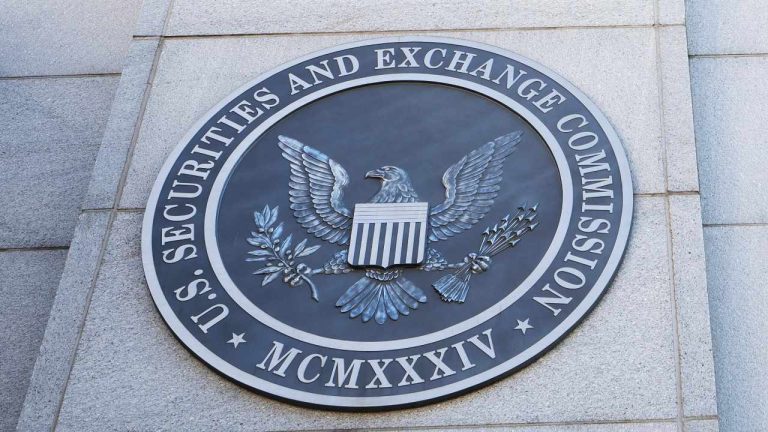
The U.S. Securities and Exchange Commission’s former head of Internet enforcement suspects that the SEC’s “secret” filing in the Binance case is a “rare” tactic that could relate to the Department of Justice’s criminal investigation against the crypto exchange. He stressed that the securities regulator’s “seal-seeking filing is unusual, odd, and uncommon,” emphasizing that the move “cannot be overstated.”
SEC Takes ‘Rare’ Move in Binance Case
Former U.S. Securities and Exchange Commission (SEC) official John Reed Stark shared his perspective Tuesday regarding what he called a “secret” SEC filing in its litigation against cryptocurrency exchange Binance in a lengthy post on social media platform X. Stark is currently president of cybersecurity firm John Reed Stark Consulting. He founded and served as chief of the SEC Office of Internet Enforcement for 11 years. He was also an SEC enforcement attorney for 15 years.
The former SEC official explained that the securities watchdog filed “a sealed motion for leave to file documents under seal” in the Binance case late Monday, noting that a court document under seal “allows sensitive or confidential information to be filed with a court but kept off of any public record.” The regulator filed 13 charges against Binance entities and CEO Changpeng Zhao (CZ) in June.
Stark opined:
Filing any court document under seal is a rare move by the SEC. The SEC is a civil (not a criminal) enforcement agency; thus, in stark contrast to criminal prosecutorial filings, SEC motions (and enforcement actions) are typically filed openly and free for everyone to read.
He believes the reason for this “rare SEC tactic” is because the filing contains sensitive information relating to an existing U.S. Department of Justice (DOJ) investigation of Binance, which could include the identity of a witness. Stark noted that in his opinion, “the U.S. SEC’s secret and extraordinary court filing, which appears to be highly comprehensive, likely touches upon nonpublic Binance-related money laundering allegations or other potential criminal conduct.”
The former SEC Internet enforcement chief pointed out that Binance could oppose the SEC seal request. Nonetheless, he stressed that the SEC’s action “cannot be overstated,” emphasizing:
Under any circumstance, this SEC seal-seeking filing is unusual, odd, and uncommon.
“In my almost 20 years in the SEC Enforcement Division, including 11 years as chief of the SEC’s Office of Internet Enforcement, our team worked on and led a broad range of SEC investigations which involved parallel U.S. DOJ investigations and lots of litigation — and I can’t recall ever seeking to file a motion or any other court document under seal,” he shared.
Do you agree with former SEC internet enforcement chief John Reed Stark? Let us know in the comments section below.